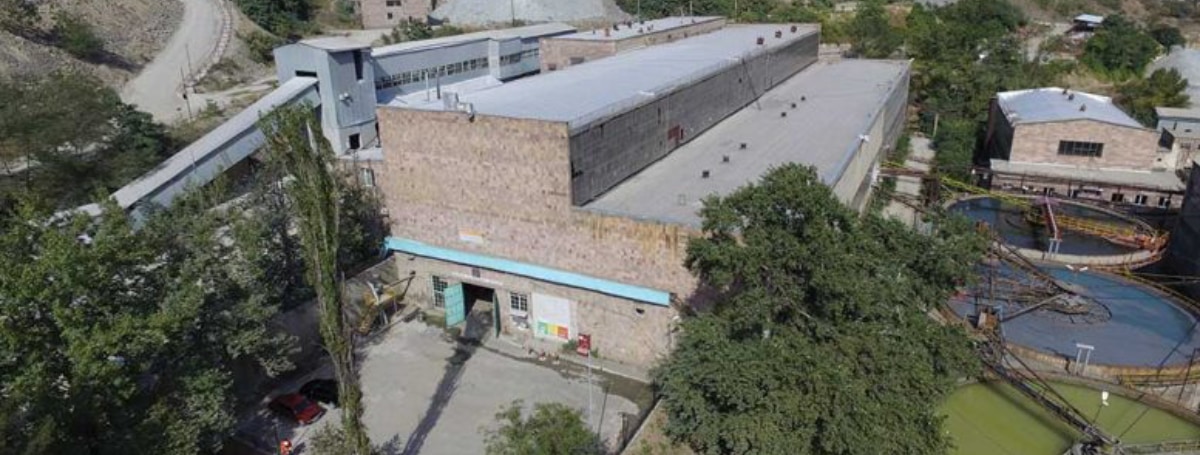M & A
Governmental Approval Processes for PRC Acquisitions
Direct Acquisitions
The PRC Foreign Investment Law and the associated regulations and department rules, which came into effect on 1 January 2020, brought significant changes to the foreign investment legal regime and had a significant impact on M&As in China by foreign investors.
Under the previous PRC laws, the acquisition of an equity interest in Chinese companies by foreign investors required a filing with the Ministry of Commerce (“MOFCOM”). Approval from MOFCOM was required if the foreign investment projects fell within the negative list. This filing requirement has been abolished under the PRC Foreign Investment Law. Under the new foreign investment regime, save for certain transactions which trigger antitrust review procedures, any acquisitions (direct or indirect) by foreign investors (regardless of whether the industry falls within the negative list or not) now only require an online report to be filed with MOFCOM through the local State Administration for Market Regulation’s enterprise registration system.
Pursuant to the PRC M&A Regulations and the Provisions of the State Council on the Standard for Declaration of Concentration of Business Operators, foreign investors in an acquisition are required to submit the acquisition plan to MOFCOM for antitrust review if one of the following applies:
The antitrust approval process for direct equity acquisitions is similar in principle to that for indirect equity acquisitions. The merger control thresholds are as follows:
- The total global revenue in the last fiscal year of all undertakings participating in the concentration is over RMB 10 billion, and the revenue in the last fiscal year in the PRC of each of at least two of the undertakings involved in the transaction is RMB 400 million; or
- The total revenue in the last fiscal year in the PRC of all undertakings participating in the concentration is over RMB 2 billion, as well as among which the business revenue of last fiscal year in the territory of PRC of each of at least two business operators are over RMB 400 million.
Offshore / Indirect Acquisitions
Before the implementation of the PRC Foreign Investment Law, PRC authorities generally had no jurisdiction over offshore acquisitions, except for antitrust review procedures. Under the new foreign investment regime, such offshore acquisitions of or increase of control over a PRC target via the offshore purchase of equity interests of the PRC target’s foreign parent company require a change report by the PRC target if the offshore acquisition will lead to a change of the actual controller of the PRC target.
“Actual control” is defined as:
- Directly or indirectly holding more than 50% of the shares, equity, property shares, voting rights or other similar rights and interests of the enterprise;
- Directly or indirectly holding less than 50% of the shares, equity, property shares, voting rights or other similar rights and interests of the enterprise, however:
- having the right to directly or indirectly appoint more than half of the members of the board of directors or similar decision-making bodies of the enterprise;
- having the ability to ensure that its nominees have more than half of the seats on the board of directors or similar decision-making bodies of the enterprise; or
- holding enough voting rights to have a significant impact on the resolutions of the board of shareholders, the shareholders assembly or the board of directors and other decision-making bodies.
- Being able to determine the operation, finance, personnel or technology of the enterprise through contracts, trusts or other means.
Asset Acquisitions
If a foreign investor wishes to acquire assets in the PRC, rather than equity, it must first establish a foreign-invested enterprise (FIE) in the PRC. Under the new foreign investment regime, the foreign investor needs to submit to the local MOFCOM where the FIE is located an application providing (1) the basic information on the FIE, the foreign investor and its actual controller; and (2) information regarding the acquisition transaction. MOFCOM no longer examine the commercial arrangements of the FIE, such as the joint venture agreement, the share purchase agreement and the subscription agreement. This streamlined approach reduces the uncertainties that existed surrounding the commercial arrangements and the discretion that MOFCOM had in its examination of the commercial arrangements of the FIE.
Read our latest News
Zambia plans state firm to own 30% of critical minerals mines
NATURAL RESOURCES News On 12 September, 2024 in a strategic move to enhance the country's benefits from its critical mineral resources, Zambia has unveiled plans to establish a state-owned firm that will hold a 30% stake in all new...
First Quantum starts up Zambia nickel mine, enters standstill deal with Jiangxi
NATURAL RESOURCES News On 23 August, 2024 TSX listed First Quantum Minerals announced that it has achieved commercial production at its Enterprise nickel mine in Zambia, set to become Africa's biggest nickel operation. This...
Saudi Arabia’s Ma’Aden Q2 Profit Plummets 91% Amid Rising Operational Costs
NATURAL RESOURCES News The state-owned Saudi Arabia Mining Company (Ma’aden) reported a 91% decline in its second-quarter net profit, amounting to $93.53 million (SR350.9 million), compared to the same period in the previous year....
Chaarat To Sell Its Kapan Mine To Gold Mining For $54.5 Million
NATURAL RESOURCES News Chaarat Gold Holdings has decided to sell its Kapan mine to Gold Mining Company for $54.5 million. The decision comes amidst escalating operational costs and potential financial setbacks for Kapan. CEO Mike...
McEwen Considers IPO For Its Los Azules Copper Project
NATURAL RESOURCES News Canadian entrepreneur Rob McEwen said he is contemplating various financing routes for his Los Azules project in Argentina, hinting at a potential initial public offering (IPO) as early as November. Although...
Sinopec To Begin Operations In Sri Lanka On 20 September
NATURAL RESOURCES News Chinese oil giant, Sinopec, is set to commence operations in Sri Lanka on 20 September. The Chinese firm has been granted a 20-year licence to operate 150 fuel stations and sell fuel below the local...







